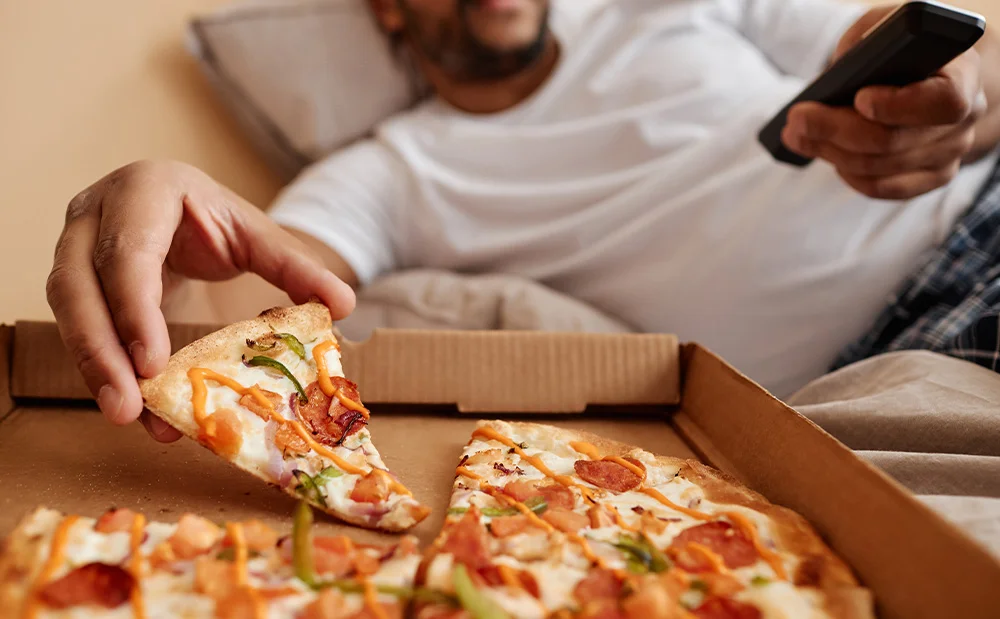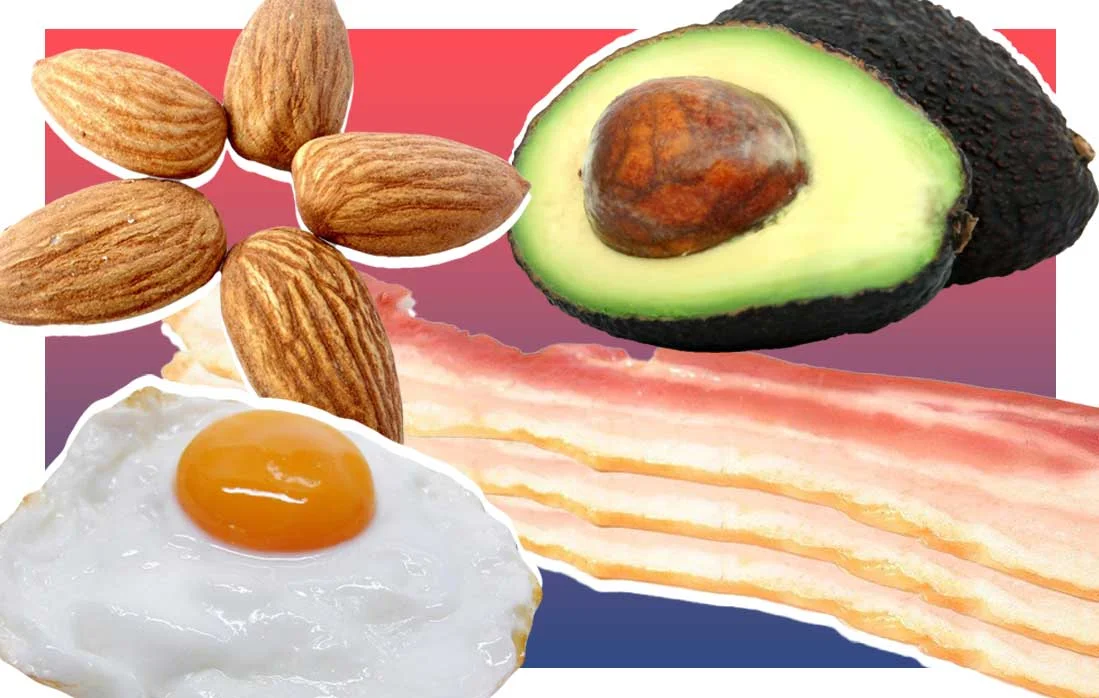
Anyone who has enjoyed their favorite spicy dish a little too close to bedtime knows just how terrible reflux-related insomnia can be. But researchers have long been studying additional factors at play when it comes to timing our meals for an optimal night’s sleep.
A recent study out of China has found that meal timing and meal frequency impacts sleep quality. (1) Using data from the National Health and Nutrition Examination Survey (NHANES), a survey of health and nutritional information from diverse populations in the United States, researchers assessed the reported sleep quality of 7,023 adult, nonpregnant participants from 2005-2008. To assess sleep, researchers used the Pittsburgh Sleep Quality Index (PSQI). Additionally, researchers evaluated the timing of participants’ first and final meals across two 24-hour periods.
The mean age for participants was 50 years, with 52.5 percent of participants being Mexican Americans, with the average time of the first meal at 8:25 a.m. and the average final meal time of 8:09 p.m. The data also showed that the average meal frequency was 4.7 times per day.
Researchers found that 2,965 or 42 percent of participants had good sleep quality, 2,339 (33 percent) had moderate sleep quality, and 1,719 (24 percent) had poor sleep quality. For those who experienced good sleep, the average first meal was at 8:23 a.m. and the last meal was 8 p.m.
Finally, the data found a correlation between later meal times and higher PSQI scores–an indication of poor sleep quality.
This data joins older studies in concluding that our food choices, timing, and sleep quality are intricately linked. A 2021 study explored the connection between food intake and circadian rhythms. (2) Another 2021 study found that time-restricted eating (TRE) doesn’t impact sleep quality, whereas a 2020 study found that TRE might actually improve sleep quality if used long-term. (3, 4) Other research has connected an increased risk of obesity to eating late as well, studying those who eat at 8 p.m. instead of earlier, such as 4 p.m.
Together, these multiple different research conclusions prove that when it comes to whether eating before bed is bad, it’s complicated. If you are confused about the optimal timing for your own body and rhythms, start with the three-hour rule, which gives your body a chance to digest before you try to put it to sleep. It also might help you avoid that tub of ice cream that calls much louder at 11 p.m. than it does the rest of the day, too.

Can Drinking This Kind of Tea Before You Go to Sleep Help You Lose Weight?

Everything You Need To Know About Lettuce Water And Sleep

How Does Keto Affect Sleep?

Is Eating Before Bed Bad? It’s Complicated.
Sources
1. Li-Ming Yan, Hai-Jun Li, Qi Fan, Yi-Dong Xue, Tao Wang; “Chronobiological perspectives: Association between meal timing and sleep quality,” PLOS One; https://journals.plos.org/plosone/article?id=10.1371/journal.pone.0308172; August 1, 2024.
2. Allada, Ravi; Bass, Joseph; “Circadian Mechanisms in Medicine,” The New England Journal of Medicine; https://www.nejm.org/doi/10.1056/NEJMra1802337; February 10, 2021.
3. McStay M, Gabel K, Cienfuegos S, Ezpeleta M, Lin S, Varady KA. Intermittent Fasting and Sleep: A Review of Human Trials. Nutrients. 2021; 13(10):3489. https://doi.org/10.3390/nu13103489
4. Kesztyüs, D., Fuchs, M., Cermak, P. et al. Associations of time-restricted eating with health-related quality of life and sleep in adults: a secondary analysis of two pre-post pilot studies. BMC Nutr 6, 76 (2020). https://doi.org/10.1186/s40795-020-00402-2

























